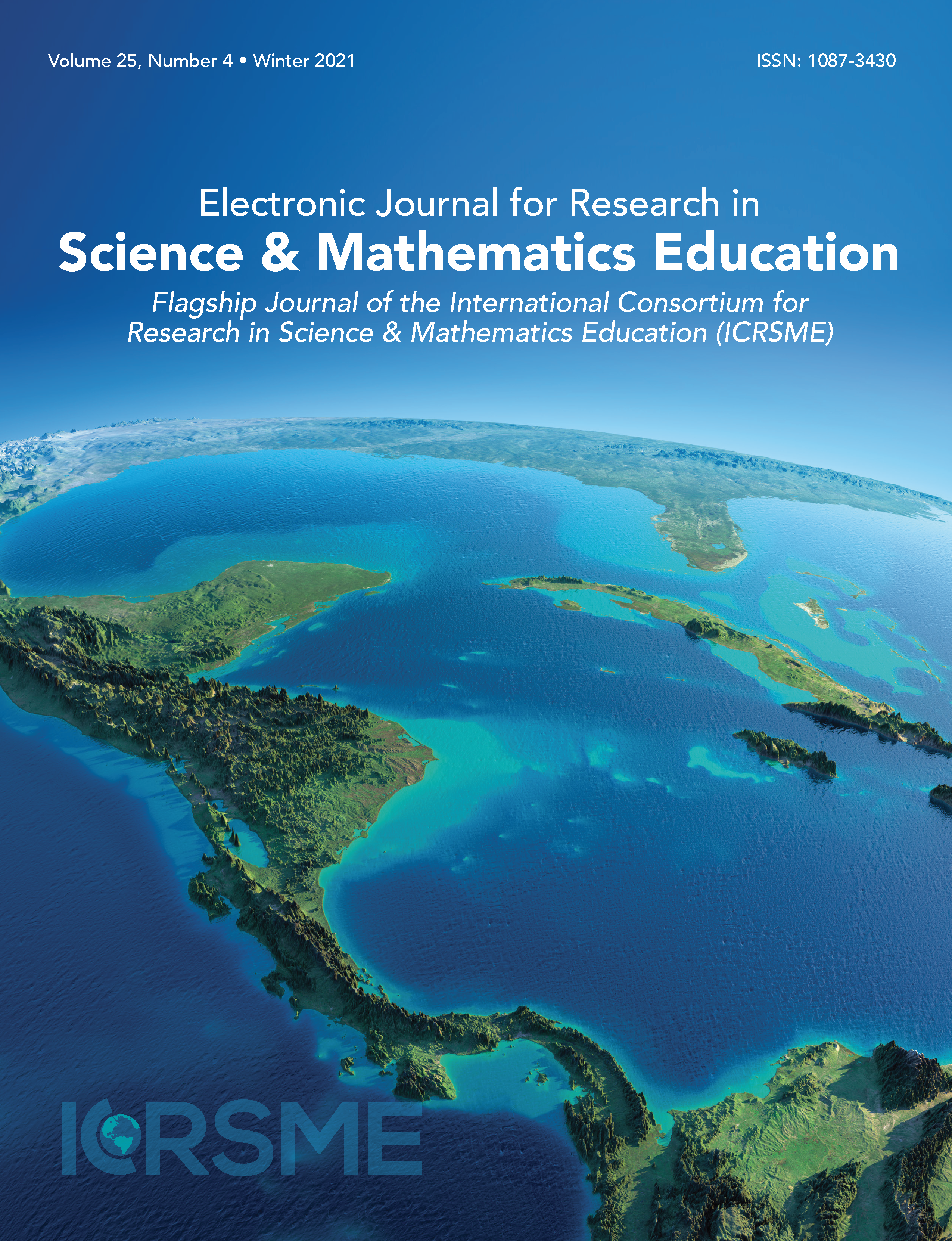Mathematical Representations in the Teaching and Learning of Geometry A Review of the Literature from the United States
Main Article Content
Abstract
This paper presents a synthesis of the literature exploring the teaching and learning of geometry and the role that mathematical representations can play in enriching geometry experiences for our students. Geometry is the only content domain to be taught in all PK-12 grades, however, from historical trends in international assessment data, it continues to be a low scoring area for students in the United States. This paper is organized by the following: (1) theories guiding the teaching and learning of geometry in the U.S.; (2) teaching and learning of geometry in the U.S.; and (3) the role of mathematical representations in geometry. In order for students to appreciate and experience the wonder, joy, and beauty of geometry in a consistent and coherent manner, they need geometry learning experiences that leverage high quality tasks with opportunities in translating between and within multiple representations, and engage them in discovering connections within geometry, between geometry and the other mathematics content domains, and between geometry and their world.
Article Details
© 2025 Electronic Journal for Research in Science & Mathematics Education (EJRSME)
